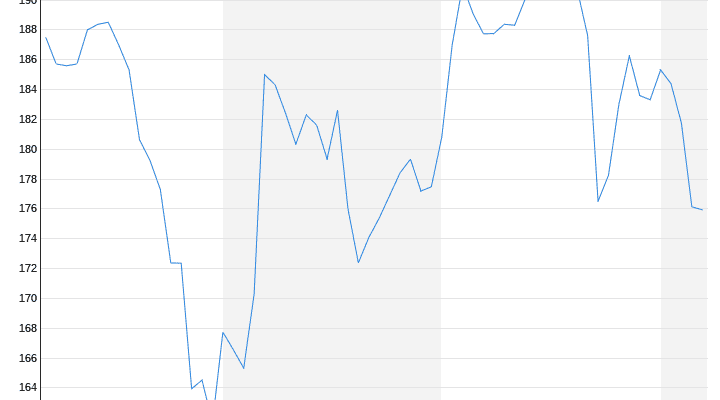A1 and Q2 are phased out
Audi will increasingly focus on luxury models in the future
2/7/2022, 6:01 p.m
A few expensive cars can make far more money than many small cars. That’s why Audi, BMW and Mercedes-Benz are also expanding their luxury segment. Shortage of semiconductors and expensive raw materials are accelerating the trend.
The VW subsidiary Audi wants to earn more money with luxury cars in the future and phase out smaller models. CEO Markus Duesmann told the “Handelsblatt”: “Specifically, we have decided not to build the A1 anymore, and there will be no successor model from the Q2 either.” The group has redefined the role of the individual brands. “We have also realigned Audi as a premium brand. We will limit our model range at the bottom and expand it at the top,” said Duesmann. The compact SUV Q2, which was only introduced in 2016, will be phased out without a successor because it no longer fits into the planning of the portfolio and the development capacities: “We are prioritizing other segments.”
As a flagship, Audi is developing an all-electric luxury sedan with a very spacious interior, new wiring system and new software. “We are on schedule and will bring the 2025 model onto the road,” said the Audi boss. “After that, however, there will certainly be other models on the platform, including variants from Bentley and Porsche.”
Because of the ongoing semiconductor bottlenecks, the VW Group, like other car manufacturers, tends to build the available chips into the more profitable models whenever possible. “In the Group, we try to secure the overall result. That’s why we prioritize models with higher profit sharing,” Duesmann continued. Larger models are also popular, and many people wanted to treat themselves to something during the pandemic. “In addition, there is a trend towards more equipment. That’s why sales are increasing faster than sales.”
BMW also wants “more earnings per vehicle”
Duesmann expects an improvement in the supply of semiconductors over the course of the year. Competitors BMW and Mercedes-Benz not only build the available chips into the expensive models in particular, but for some time now they have also been increasingly focusing on profitable upper class and luxury cars and are expanding their range in this segment. The aim is to “generate more earnings per vehicle,” said BMW CFO Nicolas Peter. And Mercedes boss Ola Källenius is trimming the Stuttgart carmaker for profitability and prestige and had announced: “We are reflecting on the core of our company for everyone to see – building the most desirable automobiles in the world.” The shortage of semiconductors and the extremely rising raw material prices are accelerating this trend.
For the past year, Mercedes reported sales records for the luxury models from Maybach, AMG and the G-Class and saw this as proof of the implementation of the corporate strategy. BMW is phasing out the old electric compact model i3 in June, but offers customers in this segment alternatives in this segment with the electric Mini and the electric BMW iX1, which will be launched in 2023. The BMW subsidiary Rolls-Royce had the highest sales in its 117-year history last year, and the orders last until autumn. After the 8 Series Coupé, BMW will launch the large SUV XM next year.
